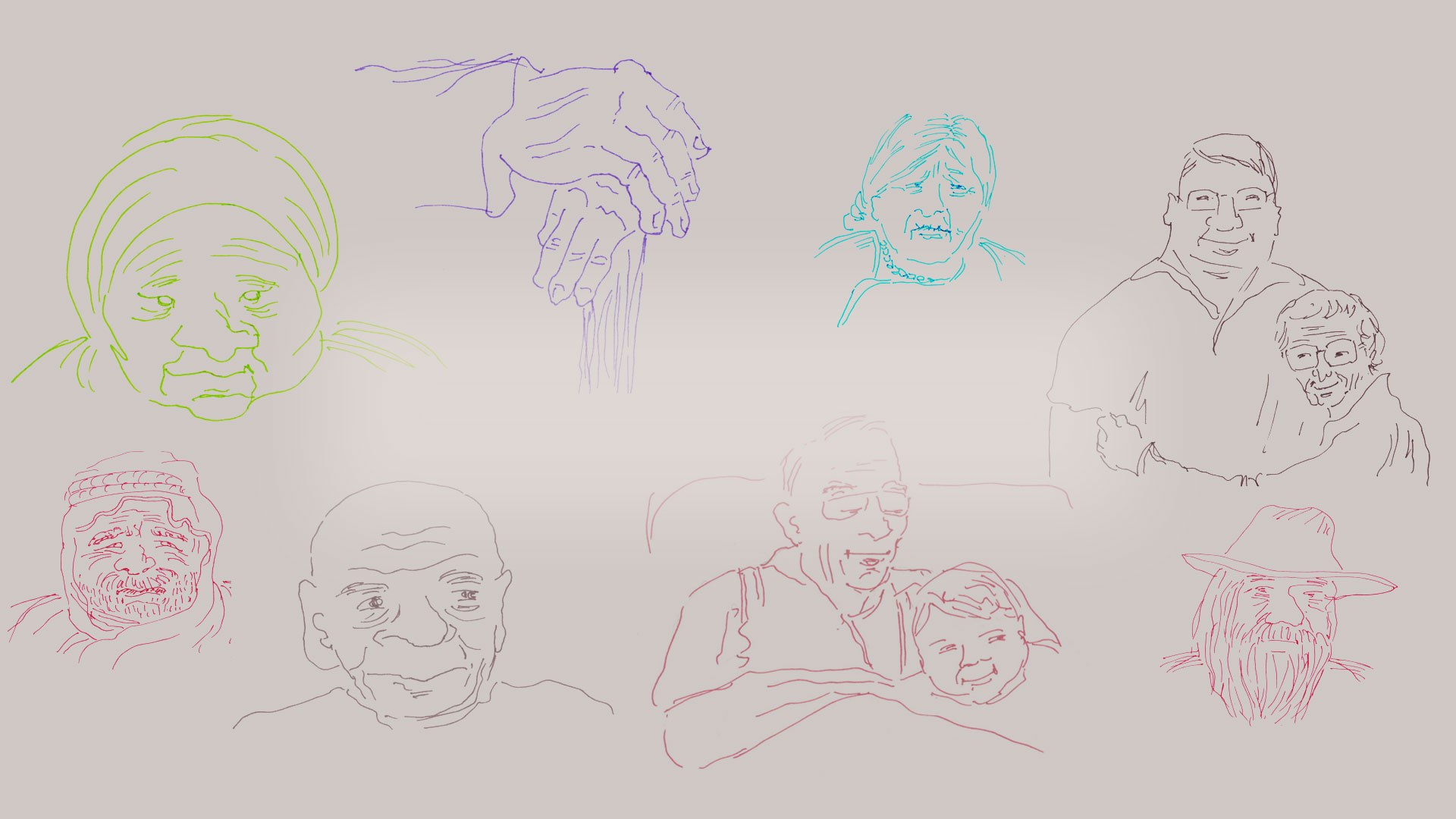(This entry is part of an ongoing collection of blogs that examine the future of congregations post-COVID19. Each entry forms itself around a question looking for clarity or even answers.) It may be so obvious that you might miss it: Post-COVID, our congregations will retain their place as centers for social intelligence. You may think about that fact in different terms, but what takes place inMORE...
Not welcome?
(This entry is part of an ongoing collection of blogs that examine the future of congregations post-COVID19. Each entry forms itself around a question looking for clarity or even answers.) In post-COVID congregations, some questions will remain for the people of God to wrestle with. One seems particularly important for the future of the Church: Who’s welcome and who isn’t? In most places, “AllMORE...
Lost souls
One continuing lament about growing older: The lost souls that continue in my memory without continuing in my current relationships. To be clear, these are not people I have consigned to perdition on account of their persistent perfidies. Instead, they are all the saints with whom I’m no longer in touch. Their state of well-being is unknown to me, their contact information lapsed or lost. TheMORE...
In praise of letter-writing
Years ago I wrote about *pen-pal clubs as a hopeful feature of older adult lifestyles. Today I want to encourage you again to consider letter-writing as a powerful antidote to diminished social contact—a satisfying ministry that you can undertake right now! As you might guess, I like corresponding with others–mostly via e-mail, but sometimes printed or handwritten notes. (That kind ofMORE...
“Blest be the tie that binds”
The singing of this beloved hymn is often accompanied with tears. Its background story tells why: John Fawcett, a rural pastor in 18th century England, realized the mutual love between his congregation, his wife and himself. Instead of leaving for a better-paying position in London, he changed his mind at the last minute—after his farewell sermon—and chose to stay with this small, strugglingMORE...
No joke
I don’t tell lawyer jokes. And I try to indicate my displeasure—not laughing—when someone tells one. Today’s thoughts spin out my reasoning. My emotions, too. A few days ago, a dear member of our congregation—we’ll call him Scott—died suddenly. He was a lawyer, highly regarded and beloved by clients and colleagues. He was born and raised around here, so his mourners have long histories that theyMORE...
Dealing with anger hopefully
It’s difficult to treat addictions of any kind, and anger addiction adds its own layers of complexity. The complications are easy to see: Anger is both an individual and group phenomenon. A subculture of anger-merchants has worked for decades to insert anger into the way this society functions. Fuel for continuing anger is easily accessible, so those addicted to anger may not seek help. PoliticsMORE...
Anger addiction
Let me be blunt. “Anger addiction” is not a metaphor or a loosely applied descriptor. People who are easily and continually angry exhibit the same behaviors as those addicted to any substances or habits that are ultimately harmful to them and those around them. Those who engage in anger as a preferred or constant practice are addicts. The evidence is clear: Whole segments of our population are inMORE...
Anger summarized
Anger is both a necessary and harmful part of human psychology. As a feature of our emotional brains, anger is: Automatic: Part of the brain’s response to stress and danger—fighting/fleeing/freezing—anger comes into play quickly and efficiently to diminish the danger. A few brain structures short-circuit our normal decision-making process. Necessary and useful: Our brains require protection forMORE...
Anger series introduction
Over the next few weeks, my blog entries will consider anger—in our society and in our lives. This is an important matter important for older adults: We may be caught up in this growing phenomenon, and we may be able to counteract its effects. This matter has been on my mind and heart for decades, ever since I learned how perpetual anger gradually destroys minds and bodies. In the past severalMORE...

